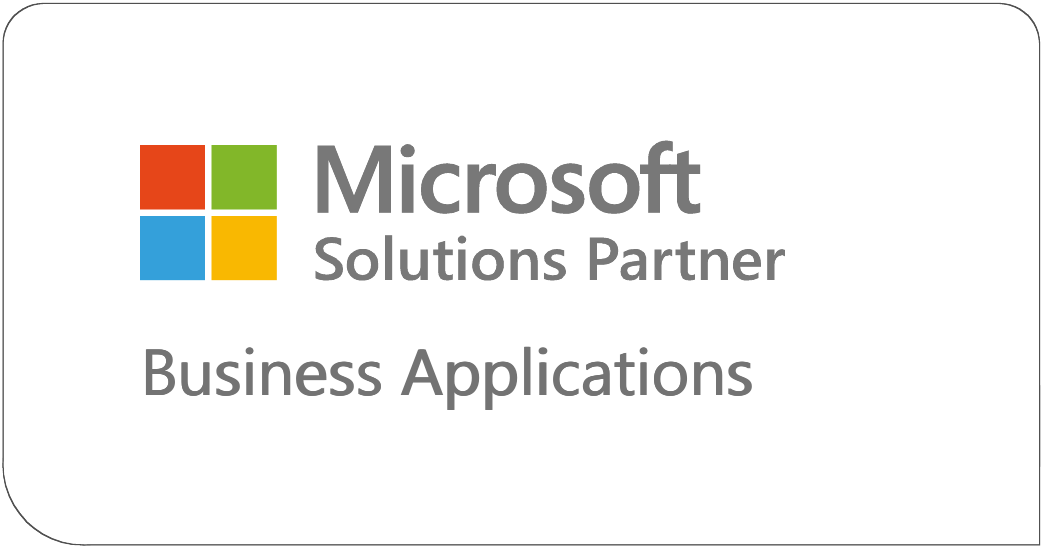| Anas Arshad

A security role refers to a set of project-level rights that are given to individuals and groups. A user can have different security roles in each project. Each security role consists of record-level privileges and task-based privileges.
Record-level privileges define which tasks a user with access to the record can do, such as Read, Create, Delete, Write, Assign, Share, Append, and Append To. Append means to attach another record, such as an activity or note, to a record. Append to means to be attached to a record.
Task-based privileges, at the bottom of the form, give a user privilege to perform specific tasks, such as publish articles.
The colored circles on the security role settings page define the access level for that privilege. Access levels determine how deep or high in the organizational business unit hierarchy the user can perform the specified privilege. The following table lists the levels of access in the app, starting with the level that gives users the most access.
Dynamics 365 Security Roles:
- Global:
Regardless of their business unit or job description, users with this access level have access to all records. Users who have global access are also given deep, local, basic, and other accesses automatically.
We advise using caution when granting someone access to the internet because of how strong it is. It should ideally only be made available to managers and other high-ranking professionals.
- Deep:
Users with this level of access have access to all records in their own business units as well as all business units that are a subset of their own business unit. Users can also access Basic and Local resources with Deep access.
- Local:
Users who have this level of access have rights to information related to their business units. Users also have Basic access thanks to local access.
- Basic:
Basic access grants a user access to records owned and managed by the user. You can also access items that have been shared with you. This level of access is typically provided to sales and service personnel.
- None:
None means the user has no access to records or information.
Dynamics 365 Security Role and Privileges
- Create
Allows a user to create a new record. A user can create a record depending on their access level.
- Read
Allows a user to read the contents of a record. A user can read a record depending on their access level.
- Write
Allows a user to make changes to a record. A user can edit a record depending on their access level.
- Delete
Allows a user to delete a record permanently. A user can delete a record depending on their access level.
- Append
Allows a user to associate a current record with another.
- Append To
Allows a user to associate a record with the current record.
- Assign
Allows a user to assign the ownership of a record to another user. A user can assign a record depending on their access level.
- Share
Allows a user to give access to a record to another user while maintaining their own access intact. A user can share a record depending on their access level.
Join us next time, as we continue our journey of learning canvas apps.Click here to learn more about Imperium's Power Apps Services. We hope this information was useful, and we look forward to sharing more insights into the Power Platform world.

